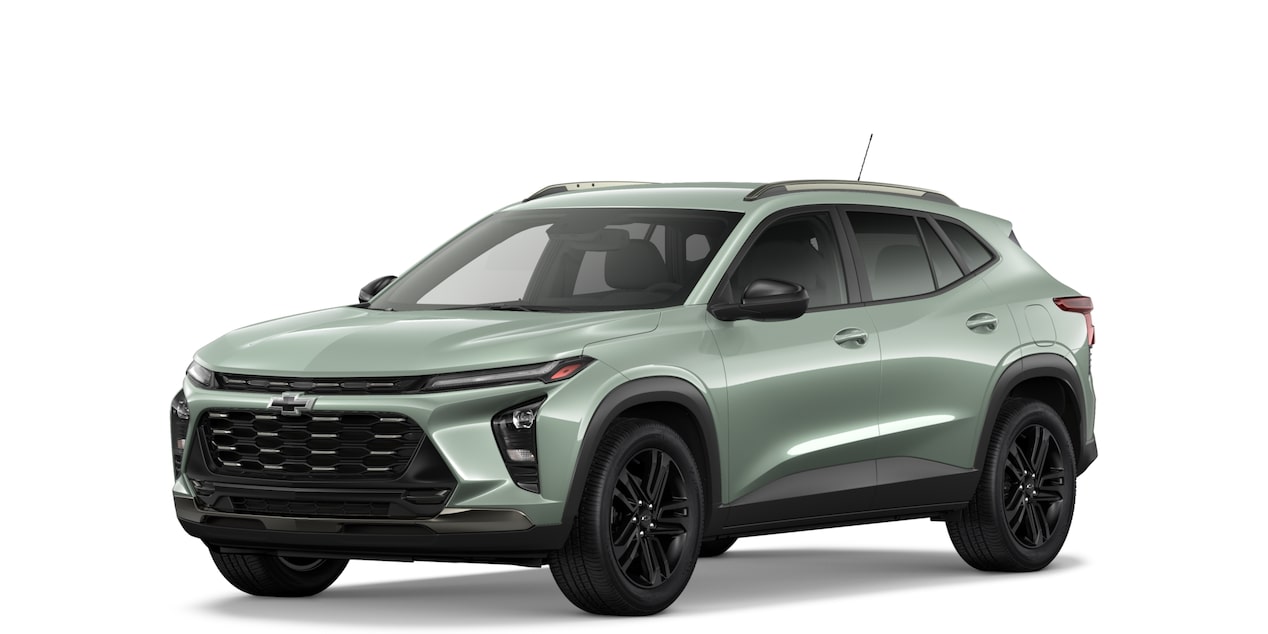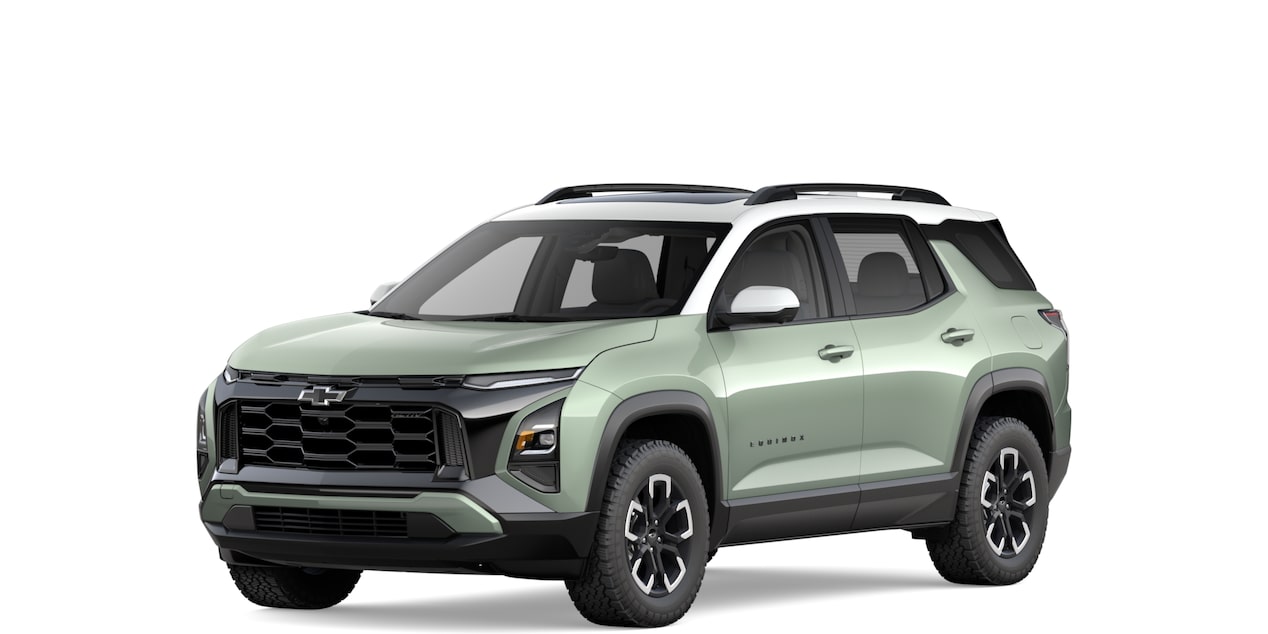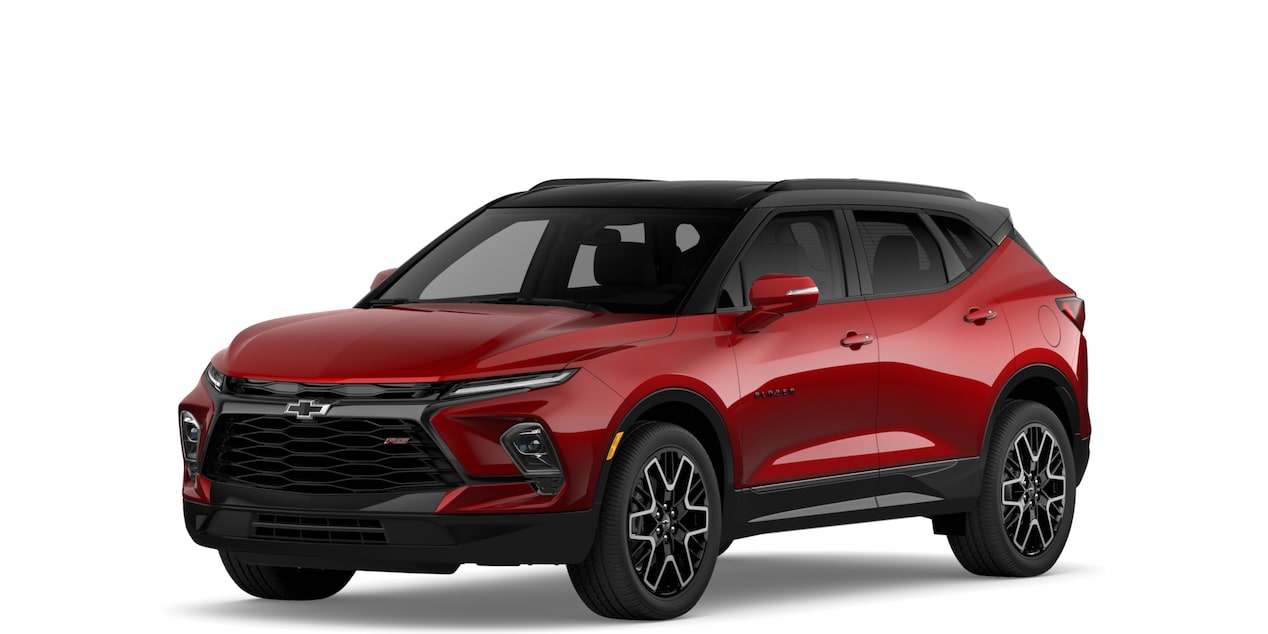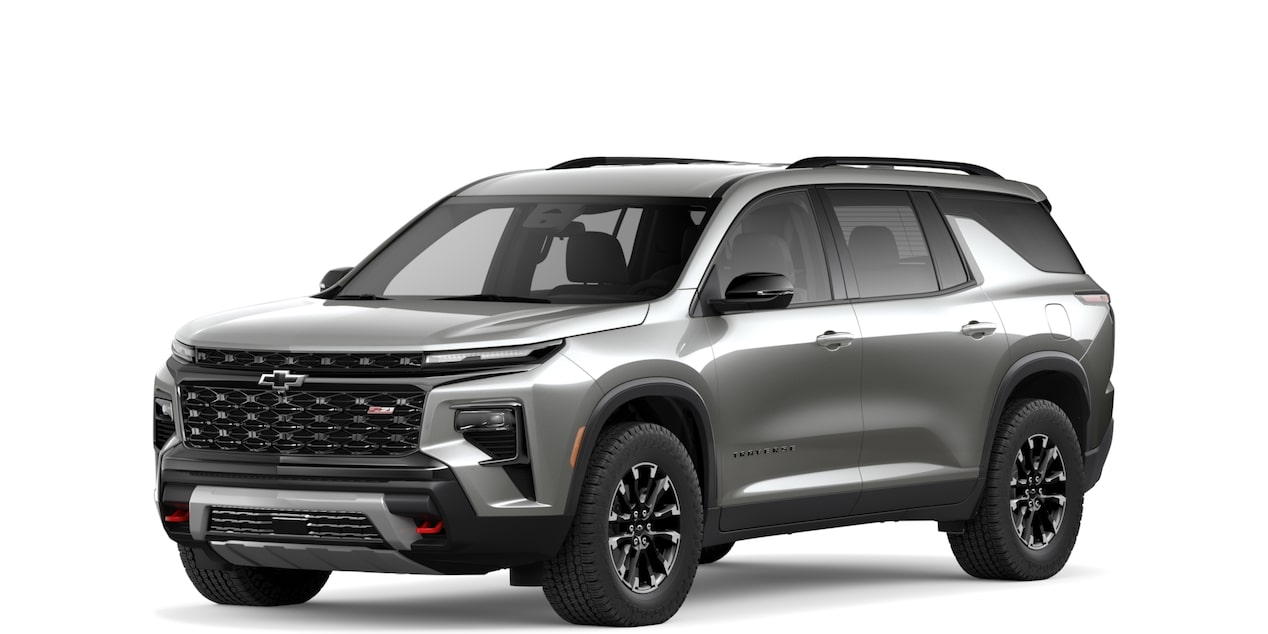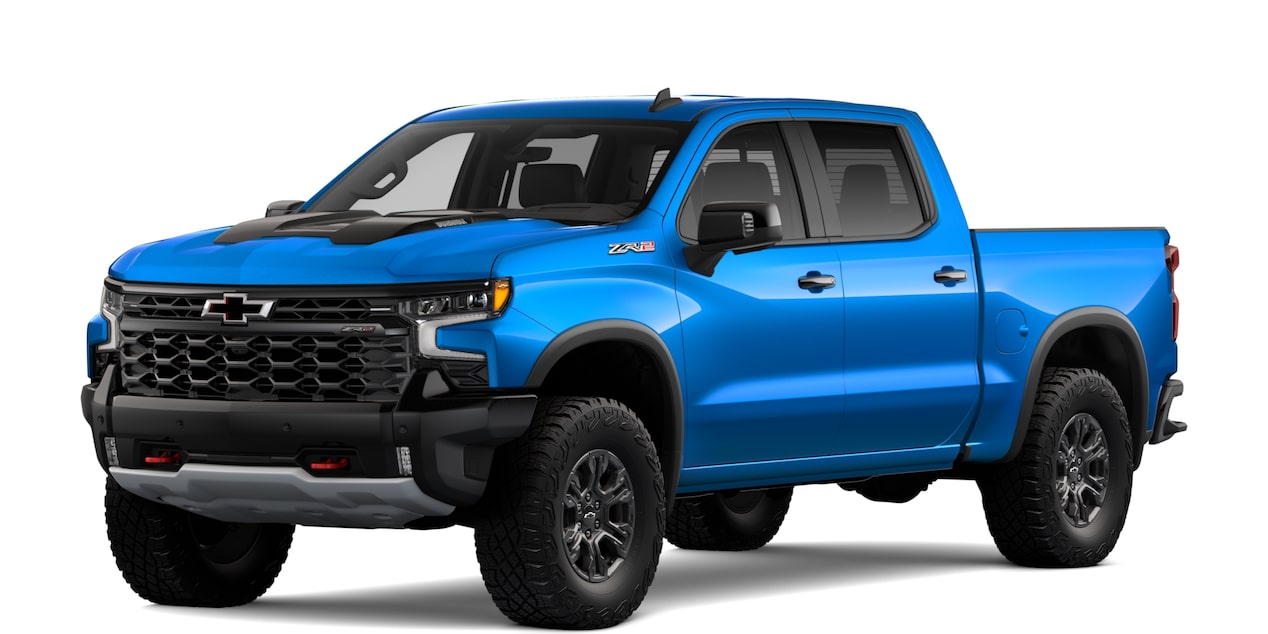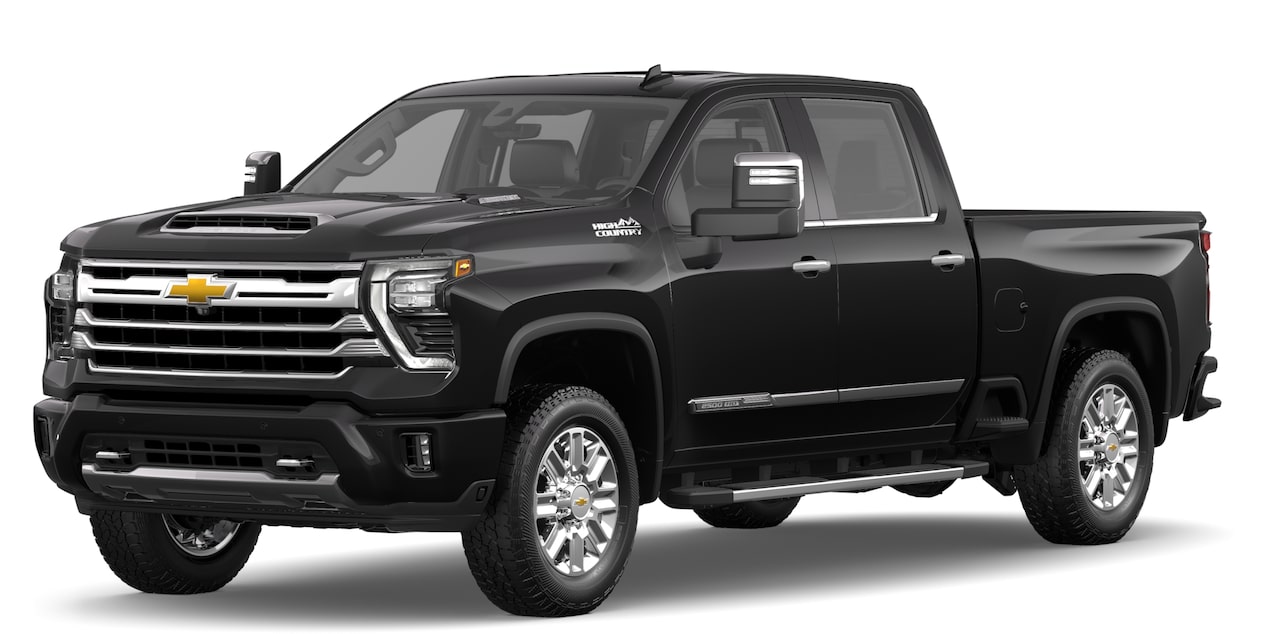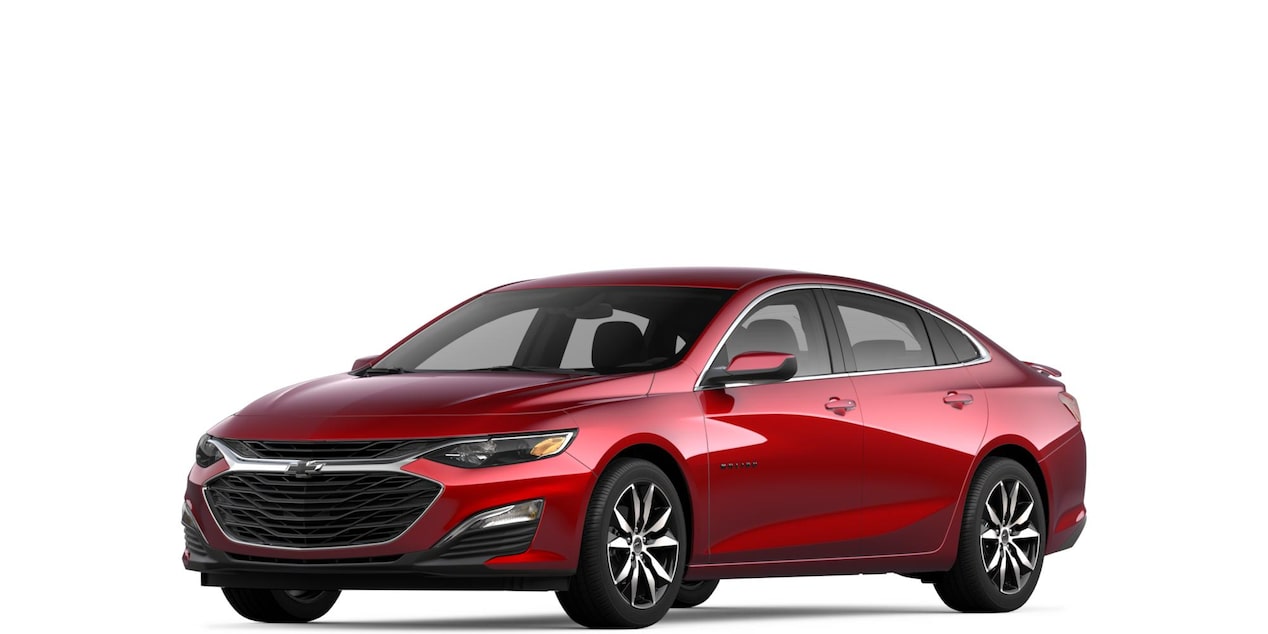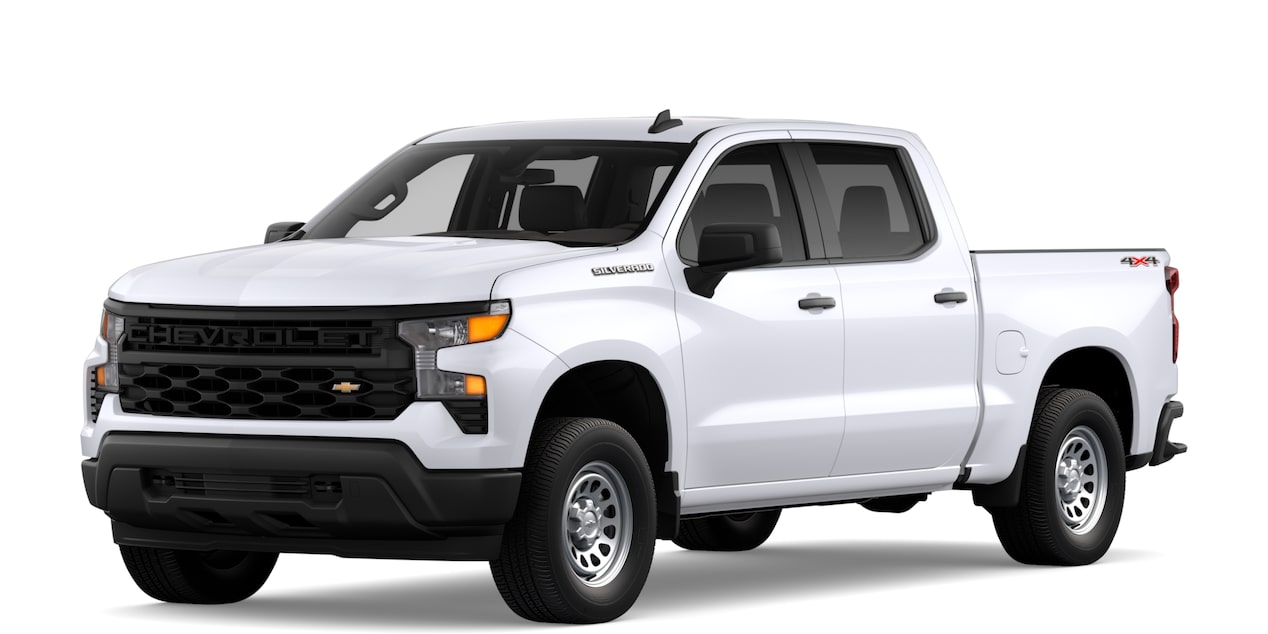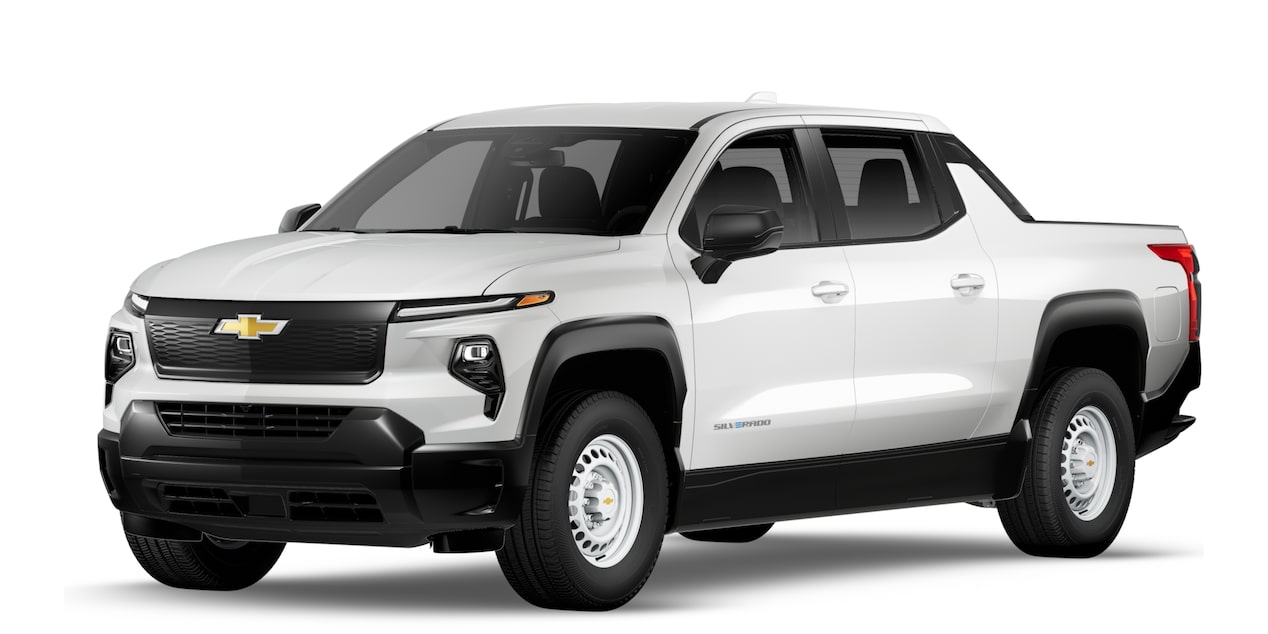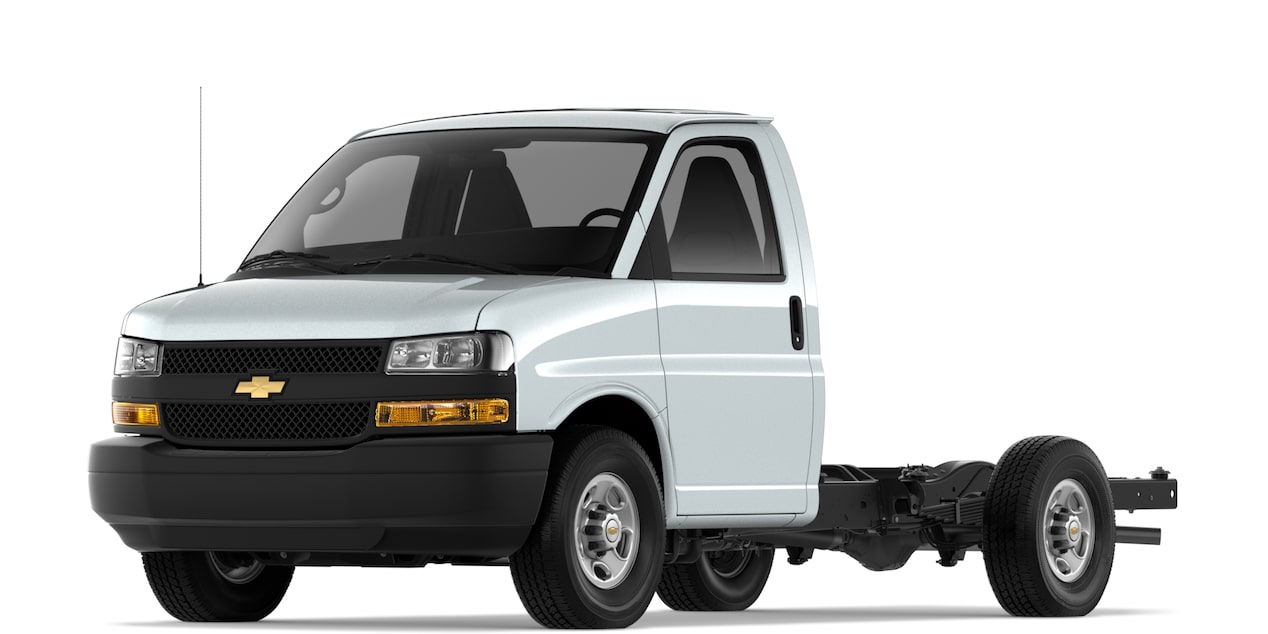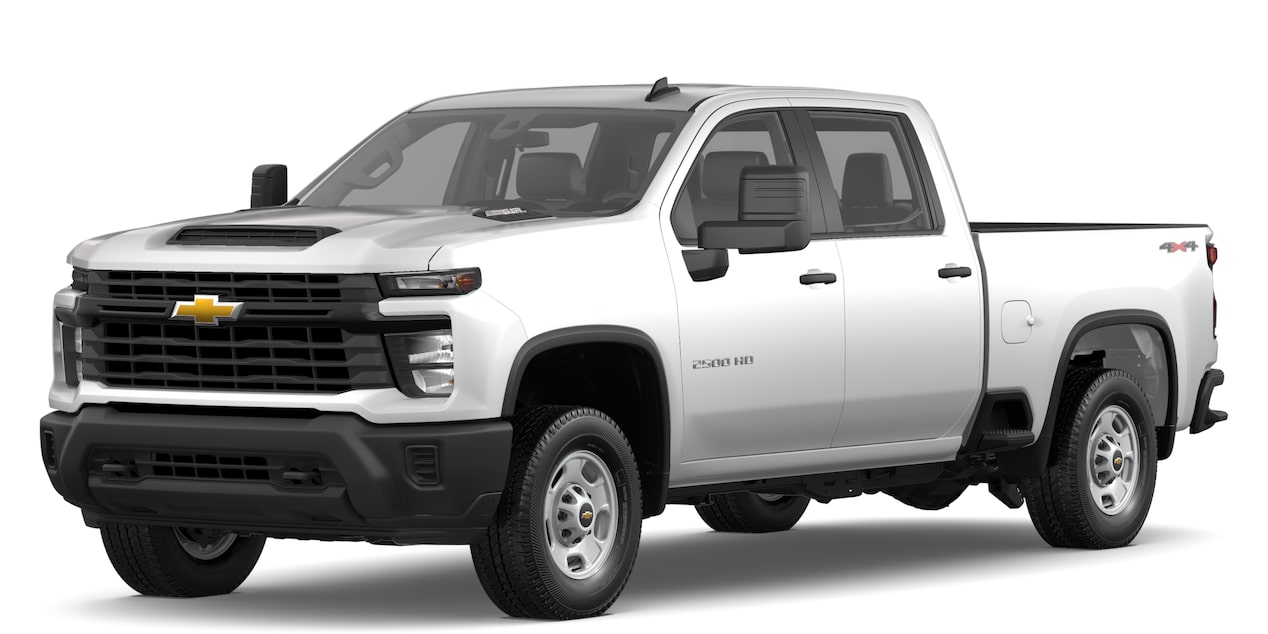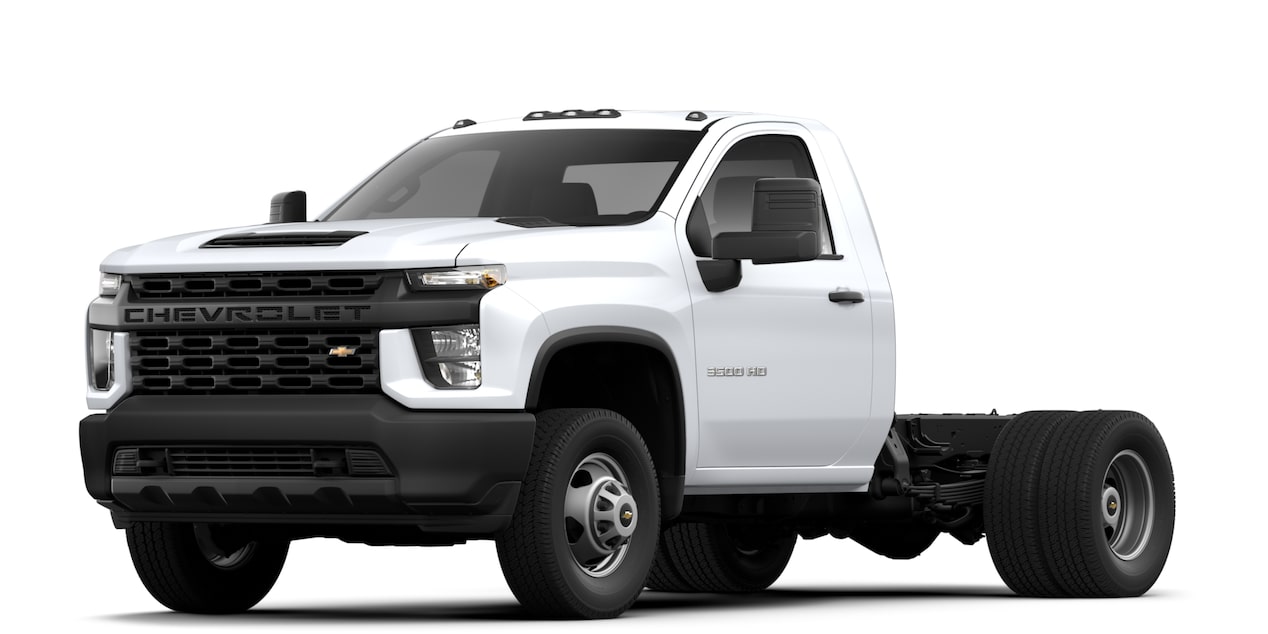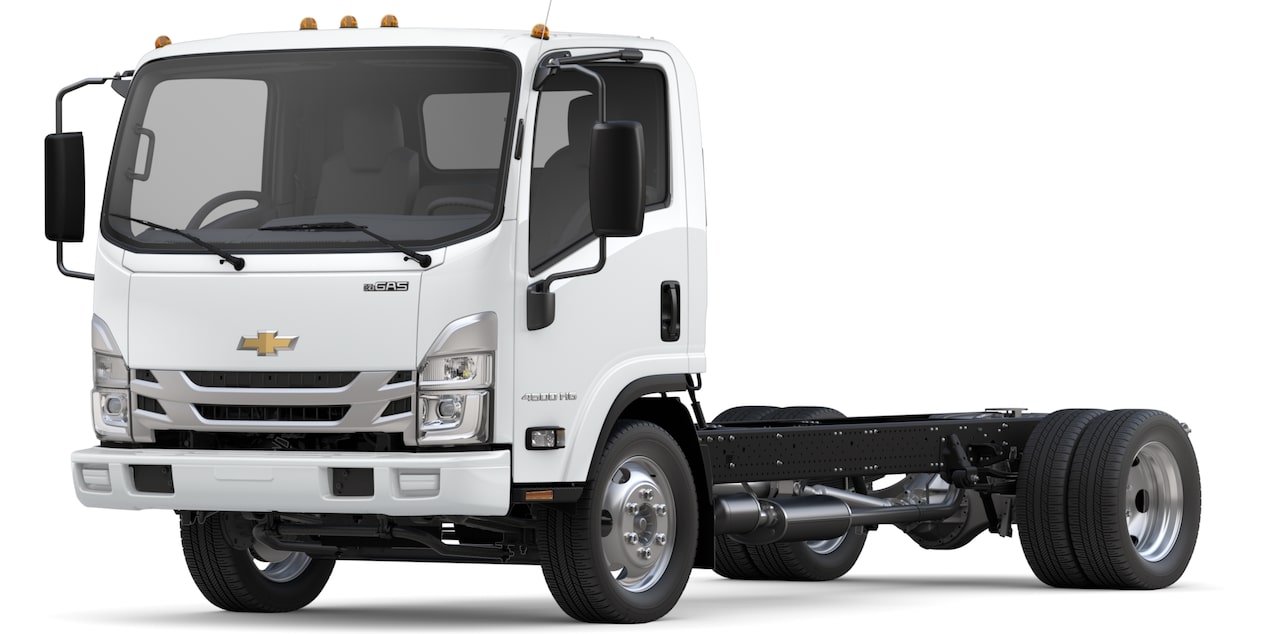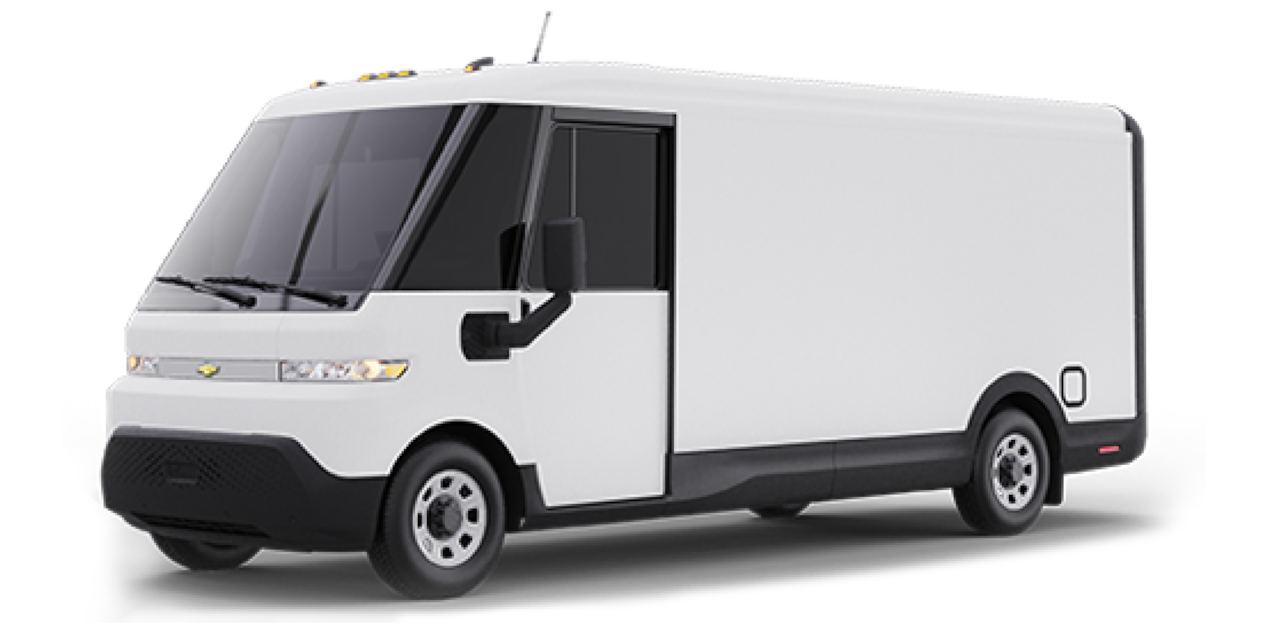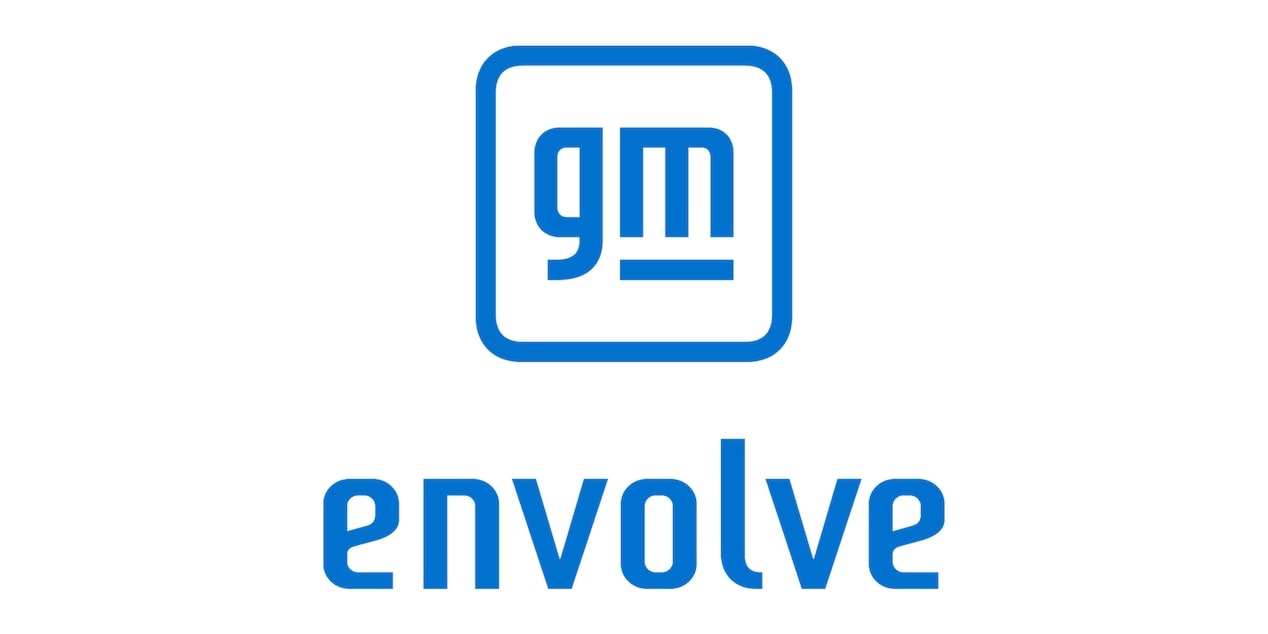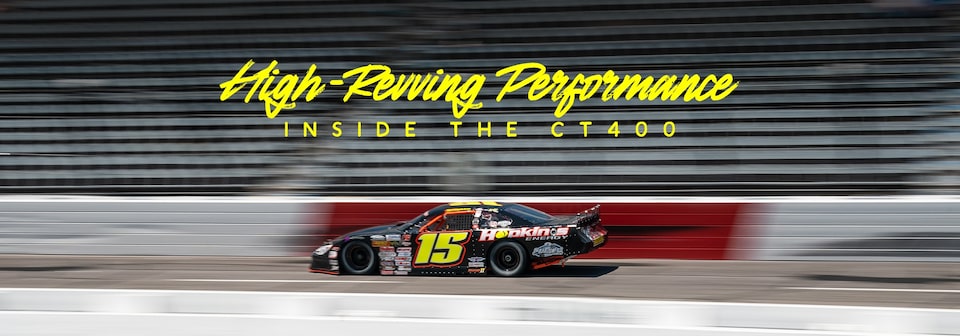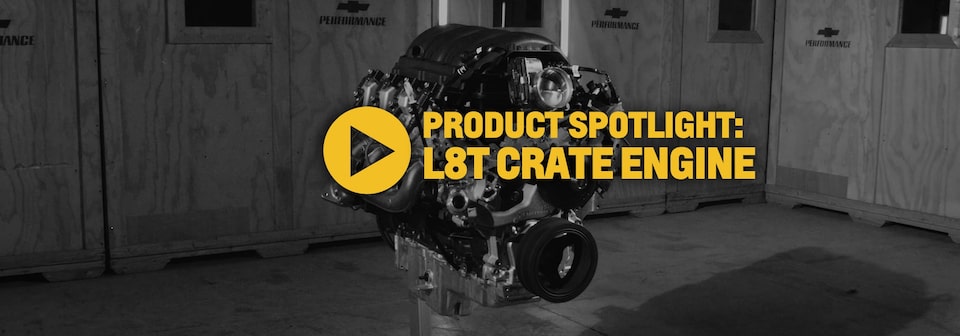
Published: 5/19/2023
Off-Road Q&A with Dom Lester: GM Chief Engineer, Performance Variants, Parts and Motorsports Engineering
Author: DAN HODGDON
Photos: THE BLOCK and CHEVROLET
Share on
Share on
Visit us at
Visit us at
Dom Lester wears many hats at General Motors. His official title is Chief Engineer for Performance Variants, Parts and Motorsports Engineering. As you can imagine, that means he oversees a lot.
Dom Lester wears many hats at General Motors. His official title is Chief Engineer for Performance Variants, Parts and Motorsports Engineering. As you can imagine, that means he oversees a lot.

Dom Lester works closely with Hall Racing to both help build production trucks and to test and validate off-road parts. Photo by Chevrolet.
Among his many roles is serving as the chief engineer for the Chevrolet Colorado ZR2 and Silverado ZR2 production trucks, and also as chief engineer on a variety of motorsports programs with a specific focus on how racing pertains to production. That includes working closely with longtime partners Chad Hall and his Hall Racing team, who are currently campaigning 2023 Colorado ZR2 and Silverado ZR2 off-road race trucks in a variety of events to help build better production vehicles.
In addition, Lester heads up General Motors' performance parts group and oversees the design release of parts optimized to make better and more capable trucks. Hall Racing is involved in testing and validating those parts, too.
Lester has been with GM for 24 years and in his current position for three. Other stints with the company have been in motorsports leadership positions and he also has a lengthy powertrain background. He says despite his longevity, "it feels like yesterday" that he started with General Motors.

The 2023 Colorado ZR2 is one of many production vehicles that Lester has had a hand in. Photo by Chevrolet.
Earlier in the spring, we caught up with Lester to talk about Chevrolet's off-road racing program just before the prestigious BFGoodrich Tires Mint 400 south of Las Vegas. Lester equates it to the Indianapolis 500, Daytona 500 or 24 Hours of Le Mans for off-road racers. The event also allows Chevrolet Performance to showcase products ranging from new trucks to crate engines.*
On the Mint 400 weekend, Hall Racing won both the Stock Production Truck Mini/Mid class in its Colorado ZR2 and the Stock Production Truck Full class with the Silverado ZR2. In addition, the team finished 15th in the Unlimited SPEC class with its Trophy Truck.
The successful event also extended a lengthy stretch of consecutive off-road-event finishes for Hall Racing in the production classes, which is not an easy task in its own right.
Our conversation with Dom is below.

Chevrolet Performance takes on some challenging desert climates in the off-road space. Photo by Chevrolet.
"In a lot of places in racing the terminology of 'tech transfer' gets thrown around loosely, but in the case of off-road racing, it is about as authentic as you can get."
The BLOCK: Why is it beneficial for Chevrolet Performance as a brand to be involved in off-road racing?
Dom Lester: Anything that a customer can do to the vehicle, they will. Especially here in the West and the Southwest, but throughout the U.S. or anywhere in the world, we want to make sure that we get that real-world exposure. That's why we race out here in Nevada or in some of these pretty severe climates. The reality is customers do use their vehicles this way, and it is the ultimate test lab.
In this case, Chad's truck is 90% stock. There are things we have to do for safety, like add a roll cage and a fire suppression system, but it's a base, bone-stock truck. It allows us to go beat on it here in the desert and then take what we learned here and really turn it into value for the customer out of that. We can truly transfer that technology. I know in a lot of places in racing the terminology of "tech transfer" gets thrown around loosely, but in the case of off-road racing, it is about as authentic as you can get. It's something we're really proud of.
The Colorado now holds the record here at the Mint and in the Best in the Desert racing series of finishing every single race it's entered since 2017. That is just simply awesome. It shows the engineering, the durability of the things that we do whether it's at our Yuma Proving Ground or the Milford Proving Grounds or the things we do in the design shop in Warren. When we come out here and showcase it, the proof is in the pudding.

The 2023 Silverado ZR2 features Multimatic DSSV dampers that Hall Racing tested and raced before they appeared on a production vehicle.
TB: Although the trucks are 90% stock, Chad does test and development work for Chevrolet. What are some of the parts that you might be able to find on a Colorado ZR2 or Silverado ZR2 that have been tested and validated in off-road racing?
DL: One example of that would be our Multimatic DSSV dampers on the full-size (Silverado ZR2) truck. We actually were racing those with Chad here for over a year before we actually brought them into the showroom on the Silverado ZR2. So we were out here banging on it, for lack of a better term, out here in the desert before we actually introduced that into the marketplace.
That's just one, but there are many other examples like steel prop shafts or our rock sliders that we sell as performance parts. Those are some other things that you can buy as an accessory through the performance part and accessory side of our business. But the dampers are a good example of something we actually were testing here in the desert with Chad before we actually brought it to production as part of the 2022 Silverado ZR2.
Whether it's a (production part) or if it's an accessory, this a great test lab – sometimes we get surprised and learn something. But those are good learnings that we can bring back and make a better widget and again I think the customer wins there.

Hall Racing and Chevrolet Performance have been extremely successful during their relationship together. Photo by Chevrolet.
"The Bowtie has a lot of brand equity, but Hall Racing has a lot of equity in this space, too."
TB: You have had a pretty long relationship now with Chad Hall and all of Hall Racing. Why are he and his team ideal for this program and why are they good ambassadors for the brand?
DL: Great question. One of the things that's really unique with Chad is he's able to take the truck to the limit, but he's able to give great feedback. That's not something that every driver or race team has. A lot of racers will go out and test something or drive something and if it fails, they'll say, "It broke." You're like, "What did you do? What was it? How did it feel? What was the environment or the conditions?" A lot of racers, I won't name names, they suffer from that. They're hot shoes but they can't really give you that feedback.
Chad has the innate ability to not only be the hot shoe but to be able to give that feedback in a way that is constructive and put it in the manner that we can actually make it into an engineered solution. And that's not trivial. He's been able to do that year after year and we continue to extend our relationship with him because we realized that's a rare talent.
Then as an ambassador he's able to showcase the product and obviously speak well to it, but not only what the product is but what it's not. He is able to give a good balance, and the Hall family are legends in this space. Their pedigree and their name carries a lot of weight and gains us a lot of bona fides. That's something that we also value. The Bowtie has a lot of brand equity, but Hall Racing has a lot of equity in this space, too, so it's a win-win relationship.

Lester tries to ensure what his team does in the racing world can be applied to the end product.
"The challenges are welcome."
TB: Related to things that are measurable, in most other types of motorsports your goal is to win. In off-road racing, just finishing is a big deal. How do you approach it differently and how do you measure success?
DL: That's a good point. Winning is still paramount, but because of this being more of a production-based racing program, we always have to balance that value that we're returning to the product. It's really easy to get in the trap of making some bespoke modification, but does that provide value back to the base program? Because I wear both hats as a chief of the base program, I'm always making sure we aren't trying to color outside the lines.
So that's something that you're always trying to balance. In this particular case it's not just going fast and winning, which is great, but it's to show that the part is durable, that the part is meeting its performance objectives. We're trying to make sure that what we are selling at the dealership is desert-proven, desert-tested and desert-validated. It's not just standing the world on its ear. We are always balancing that, but we want to make sure the truck continues to take checkered flags.
The reality is it's not a trivial thing to build a truck that's hardened and durable and able to last these environments. There's not a huge truck count, but that says a lot too because folks that do come out here oftentimes don't finish. The challenges are welcome.

The 2.7L Turbo High-Output engine in the production 2023 Colorado ZR2. Photo by Chevrolet.
TB: What's under the hood in the trucks? Is it the same as what you would find at the dealership?
DL: The Colorado has the (off-road-optimized) L3B 2.7 liter making roughly 320 horsepower. It's a four-cylinder, turbocharged motor and it's bone stock.We make no mods to the calibration or the hardware, as you see is as you can buy out of the showroom. Then the Silverado has the 6.2 liter at 420 horsepower, so it's a bone-stock, V-8 Small-Block. No frills, no tricks. It's the same thing you can drive off your showroom floor.
TB: How many off-road events are you involved in every year?
DL: About six or seven races a year that normally start in the February time frame and usually run up to August or September. So about six to seven races a year, times two, since we race both trucks. There are also a lot of test events and other things we do that are not tied to a race. This truck goes to our Yuma Proving Ground, we run it there sometimes to test things out that we might do differently on race days. So there are the official races, but then there are the test and tune or development trips that we use. Chad has the opportunity to drive our production trucks and give us feedback, so that's also something unique, when can you bring them in and say, "How'd we do?"

Lester can be seen at a wide variety of motorsports events, including the BFGoodrich Tires Mint 400.
"To be able to have a test lab that is mirroring what you do in production is a very unique thing."
TB: Is there anything else you want to add or talk about from a brand or engineering perspective?
DL: From an engineering perspective, we don't get this too often. To be able to have a test lab that is mirroring what you do in production is a very unique thing that we are doing and we are taking advantage of. I think it provides a lot of value to our customer that there is something in the Colorado ZR2 or there's something in the Silverado ZR2 where we can literally say, "Yeah, we learned that at the racetrack."
Those things are priceless as far as the value to return back to the customer. You hear me talk about customers a lot, because with me being the chief for the production program, that's really where my eye is. Then I come out here once a year or a couple times a year with the truck and all my team and when we do the post-race debrief, one of the first questions out of my mouth is, "What did we learn last week and what does that mean to us or the production programs?"
It's a unique experience, a unique opportunity that has a lot of value.
Be sure to keep watching The BLOCK for much more on off-road racing and all motorsports disciplines.
*Because of their effect on a vehicle's emissions performance, these engines are intended exclusively for use in competition vehicles. These engines are designed and intended for use in vehicles operated exclusively for competition: in racing or organized competition on courses separate from public roads, streets or highways. Installation or use of these engines on a vehicle operated on public roads, streets or highways is likely to violate U.S., Canadian, state and provincial laws and regulations related to motor vehicle emissions.




